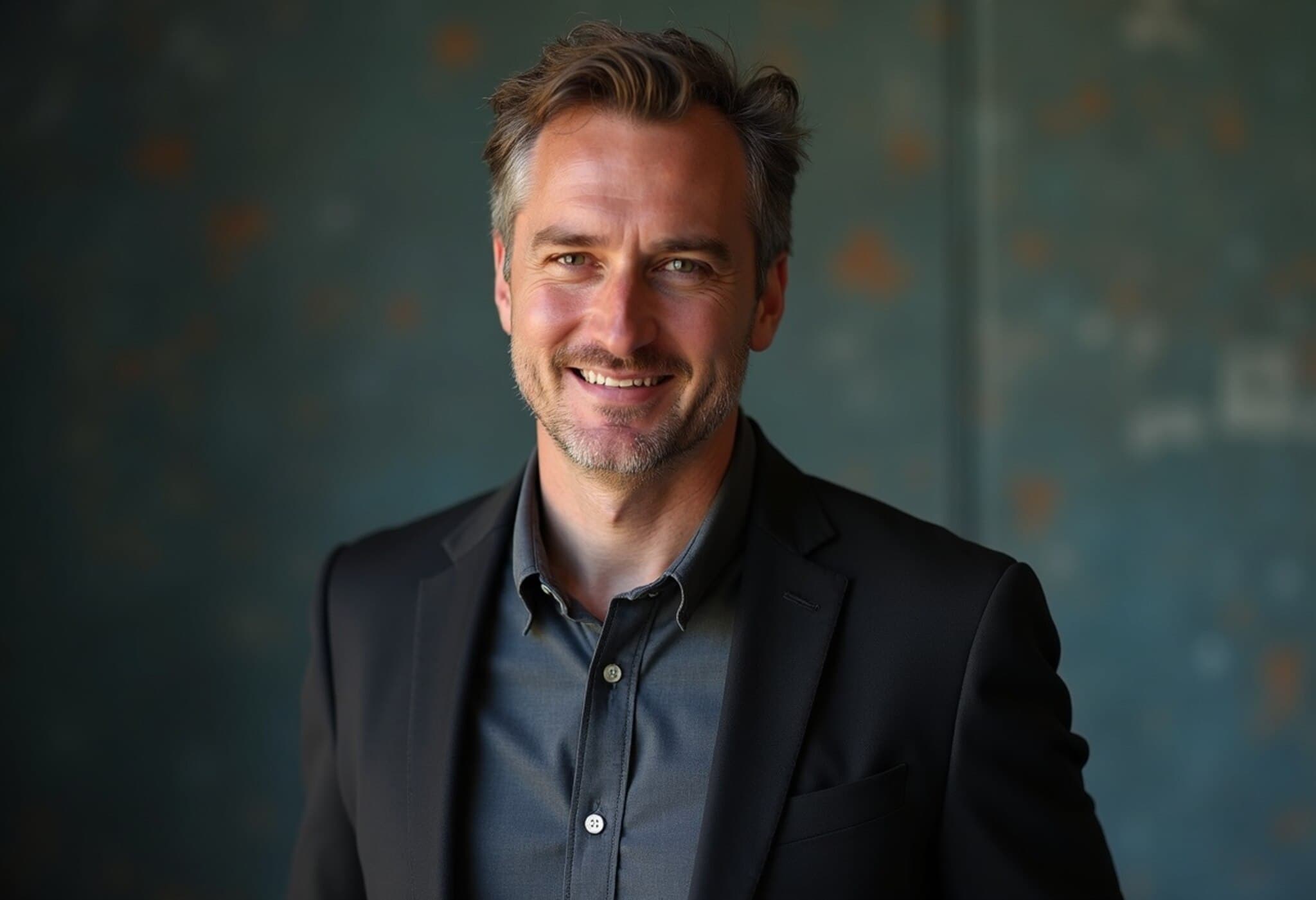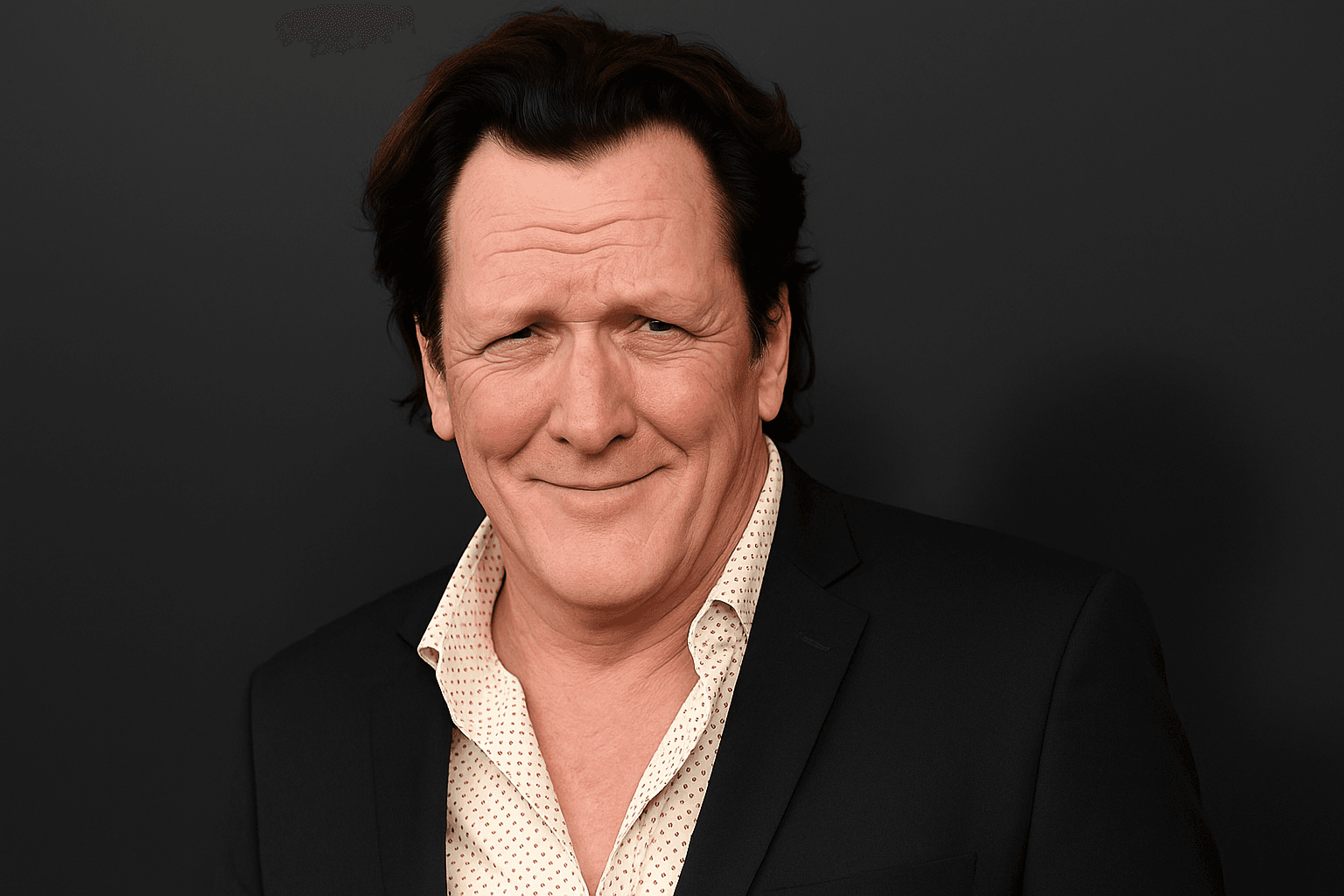BBC Ends Relationship with Gregg Wallace Following Numerous Sexual Misconduct Allegations
Gregg Wallace, the familiar face best known for co-hosting the beloved cooking show MasterChef UK for nearly 20 years, has been officially dropped by the BBC after fresh allegations of sexual misconduct surfaced. The BBC initially began probing Wallace’s behavior last year when 13 individuals came forward accusing him of making inappropriate sexual comments. However, this inquiry expanded dramatically after over 50 further complaints, spanning nearly two decades, were lodged against him.
From Suspended Presenter to Dismissal: A Timeline of Events
Wallace, 60, stepped aside from MasterChef last November amid mounting allegations. While he has steadfastly denied all claims, he acknowledged via Instagram that some of his language and humor may have crossed the line, offering an unreserved apology. He emphasized that a yet-unpublished independent investigation report had cleared him of the gravest accusations.
Despite these denials, the BBC’s head of compliance at BBC Television, Claire Powell, issued a formal dismissal letter citing concerns over the presenter’s conduct. The letter highlighted the risks his continued presence posed to workplace safety and respect. Notably, it also referenced Wallace’s 2022 autism diagnosis, which he said contributed to his challenges in navigating workplace boundaries. Nevertheless, the BBC concluded that past training efforts had not resolved these issues sufficiently.
Comprehensive Investigation Underway
The production company behind MasterChef UK, Banijay UK, engaged the law firm Lewis Silkin to lead an independent investigation into the allegations. Although the findings have not been publicly released, both the BBC and Banijay have committed to transparency once the inquiry is complete. Wallace continues to cooperate fully and denies behaving in a sexually harassing manner.
Details of the Complaints: Allegations Across the Years
The fresh wave of allegations includes a range of inappropriate conduct, from sexualized remarks to unwanted physical contact. A number of complainants have recounted incidents occurring during filming or at industry events dating back to 2002. Among the more serious accusations:
- A production assistant alleges Wallace made derogatory comments about her body, which were dismissed as “just a joke” by senior staff at the time.
- A former Saturday Kitchen participant claims Wallace engaged in inappropriate touching under the dinner table prior to filming in 2002.
- One woman alleges she was groped by Wallace at an industry ball in 2014.
It is noteworthy that Kate Phillips, the BBC’s former Director of Unscripted Content, reported being unaware of any complaints before 2017, underscoring potential systemic failures in earlier reporting and oversight.
Organizational Response and Broader Industry Implications
BBC Chairman Samir Shah has acknowledged the gravity of the situation, vowing to implement sweeping reforms designed to fortify workplace safety, enhance accountability, and foster a culture where misconduct is swiftly addressed. This case echoes broader concerns across the entertainment industry about delayed responses and the protection of vulnerable individuals.
Critics argue that the BBC’s actions, though necessary, came too late given the length of time—nearly 17 years—and the volume of complaints that preceded decisive intervention. This raises important questions about institutional policies, whistleblower support, and the balance between due process and victim protection.
Looking Forward: Lessons and Questions
As this investigation continues, it serves as a stark reminder of the need for proactive measures against workplace harassment. Wallace’s case spotlights complexities surrounding neurodivergent individuals navigating professional boundaries, demanding nuanced understanding from employers without compromising safety standards.
How broadcasters and production companies can better prevent, detect, and respond to such allegations remains a critical question. Equally urgent is cultivating environments where victims feel empowered to speak out without fear of dismissal or minimization.
Editor’s Note
The dismissal of Gregg Wallace after over 50 complaints spanning nearly two decades reveals challenges in addressing misconduct within high-profile creative industries. The BBC’s tardy but firm response highlights a growing reckoning with workplace culture and accountability. As neurodiversity enters the conversation, stakeholders must carefully balance support with safeguarding standards. This story will continue to unfold, inviting reflection on how media organizations can muster both compassion and rigor in protecting their workforce.











